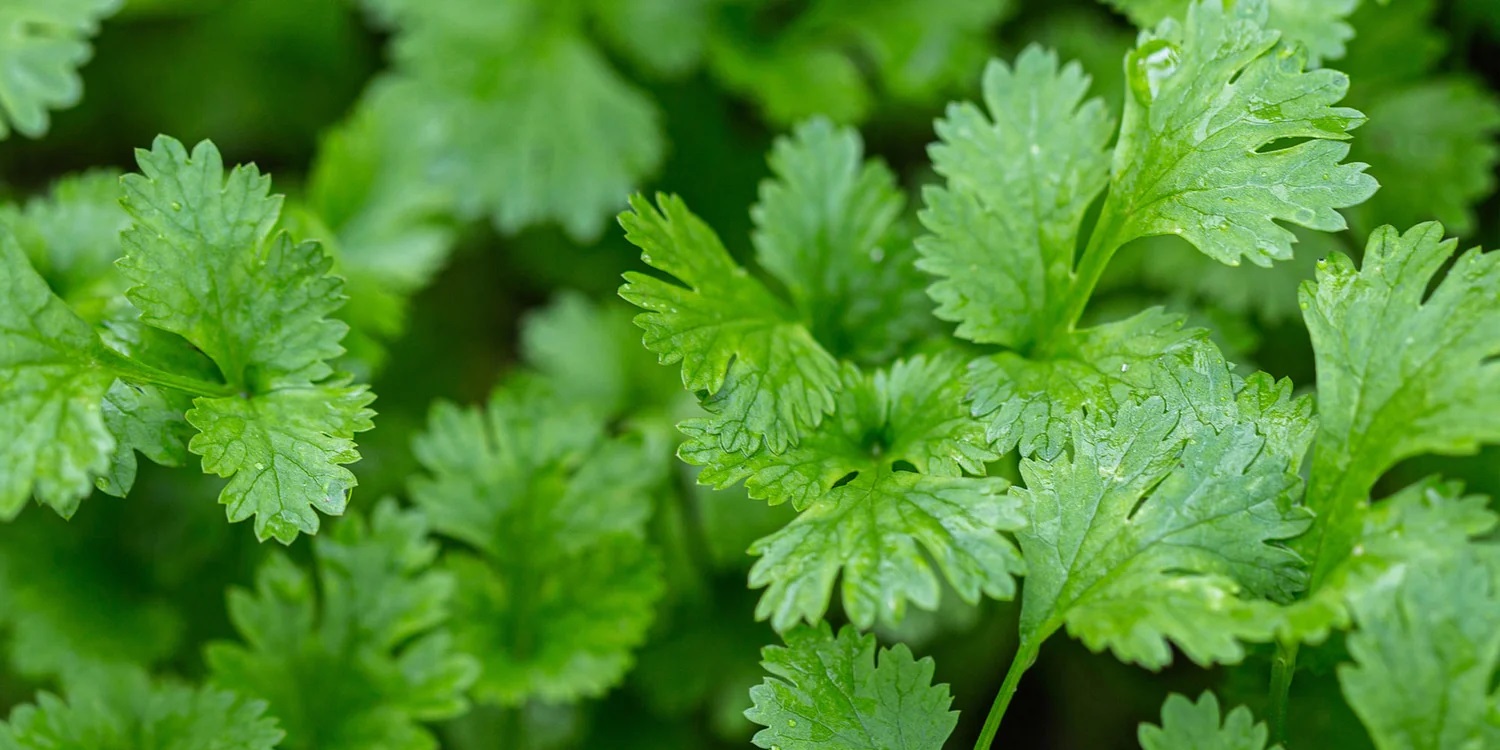Cilantro is known for its versatility, and that extends beyond being a salad topping. It is used in dishes such as shrimp tacos and butternut squash soup, and its strong flavor and health benefits are celebrated. However, cilantro is also a nutritious herb packed with antioxidants, vitamins, and minerals.
 Cilantro Is Not a Cure-All
Cilantro Is Not a Cure-All
There are many health benefit claims for cilantro circulating out there, and here are some of the most common ones and the truth about them:
Cilantro’s ability to reduce blood sugar is unclear, despite online claims. Studies on rats show that cilantro seed extract may improve blood sugar levels, but it’s uncertain if these findings apply to humans, and the studies used seeds, not leaves. Therefore, cilantro’s effect on blood sugar levels remains uncertain.
 Cilantro Is Great for Most Diets
Cilantro Is Great for Most Diets
According to other online sources, cilantro may have anti-inflammatory effects as it contains antioxidant plant compounds such as terpinene, quercetin, and tocopherols. Some studies have shown a link between these compounds and a reduced risk of cancer and anti-tumor growth. However, these studies are still in the trial phase, and there is no conclusive evidence that any of these antioxidants can treat human cancer. While cilantro may have anti-inflammatory effects, it is not clear how much one would need to eat to experience these benefits. Further research is needed to determine whether cilantro inhibits the growth of tumor cells.
Cilantro has some uses against food poisoning. It does contain an antibacterial compound that can kill Salmonella but is not a reliable method to prevent the related illness because a person would have to consume a large amount of cilantro to have an optimal effect against food poisoning. Furthermore, there are many other pathogens that can cause foodborne illness, and cilantro may not be effective against all of them. In summary, while cilantro does have antibacterial properties and can kill Salmonella, it should not be relied upon as the sole method for preventing foodborne illness.
 While cilantro does contain beneficial nutrients and an antibacterial compound, there is not enough research to support the claims that it can reduce the risk of high blood sugar, cancer, or other illnesses. While it is safe to consume cilantro as part of a healthy and balanced diet, it is important not to rely solely on it as a means of disease prevention.
While cilantro does contain beneficial nutrients and an antibacterial compound, there is not enough research to support the claims that it can reduce the risk of high blood sugar, cancer, or other illnesses. While it is safe to consume cilantro as part of a healthy and balanced diet, it is important not to rely solely on it as a means of disease prevention.